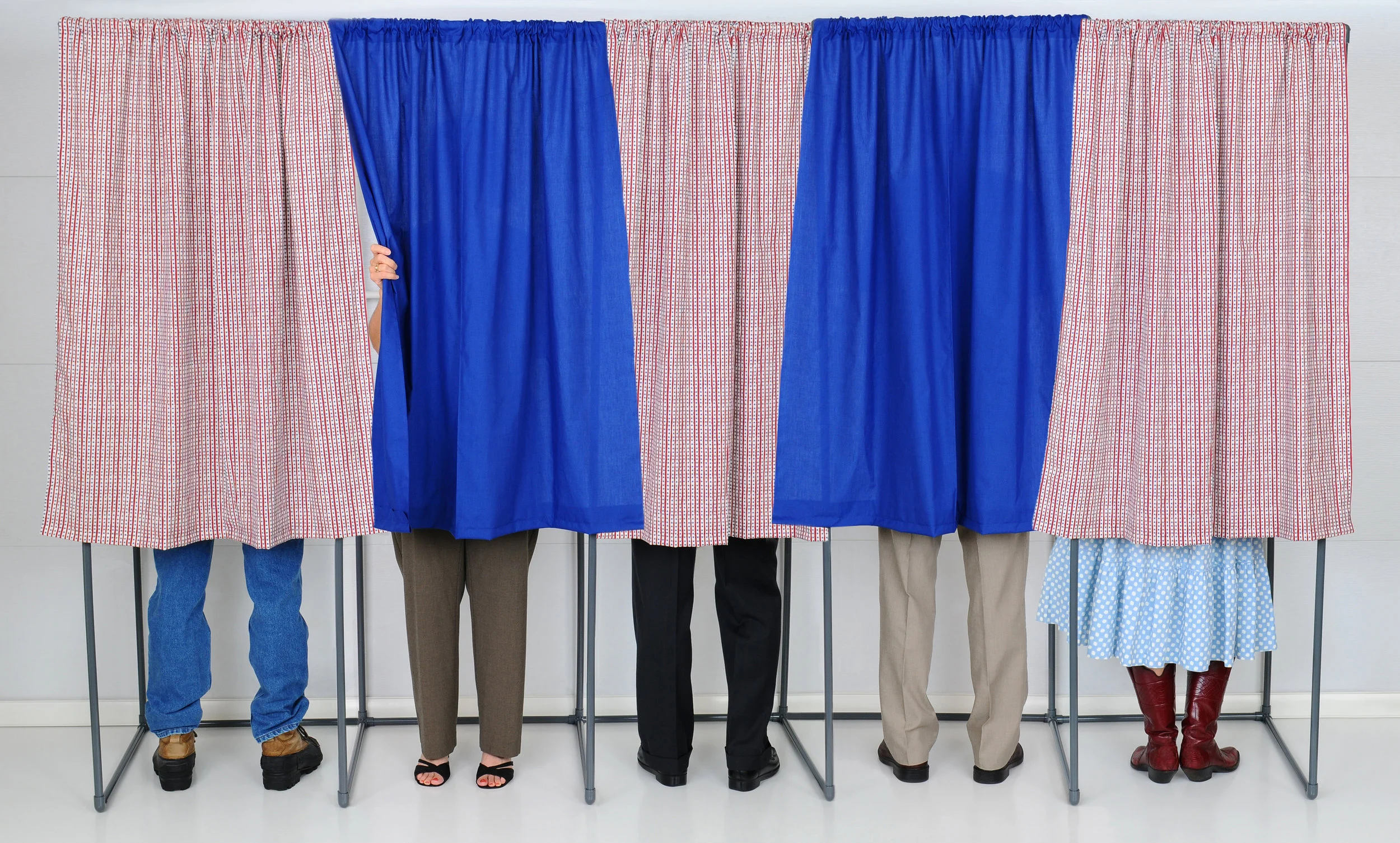In this article the very smart E. J. Dionne suggests that it is time for some constitutional amendments, starting with an amendment to get rid of the Electoral College. A number of senators have also introduced such an amendment, despite publicly acknowledging that such a change would be a long shot.
Dionne does not, however, mention the National Popular Vote Interstate Compact.
There’s no reason why anyone should wait for the miracle of a constitutional amendment (a super majority in Congress plus three-fourths of the states) to occur before having the national popular vote pick the president. The Compact does the job, and now has 189 votes committed. Oregon will probably pass it next soon. Momentum is building. So why not mention it?
The goal here should be to have candidates compete nationally. The reason we want candidates to compete nationally is that we want parties and presidents to try to respond to the majority will. This is critically important to the survival of the republic. As Dionne notes, “faith in the fairness and representativeness of our system will continue to erode if we make a habit of allowing popular-vote losers to ascend to the Oval Office.”
If the states can band together in a compact, it will produce the same result as an amendment: national campaigns. So smart people ought to think of the practical methods to make this happen.
The worst, most impractical of all methods would be to wait for a constitutional amendment which might occur on approximately the 12th of never. And maybe not then.






